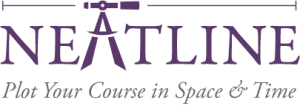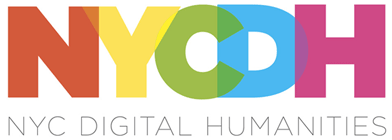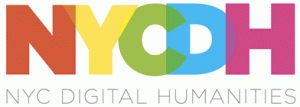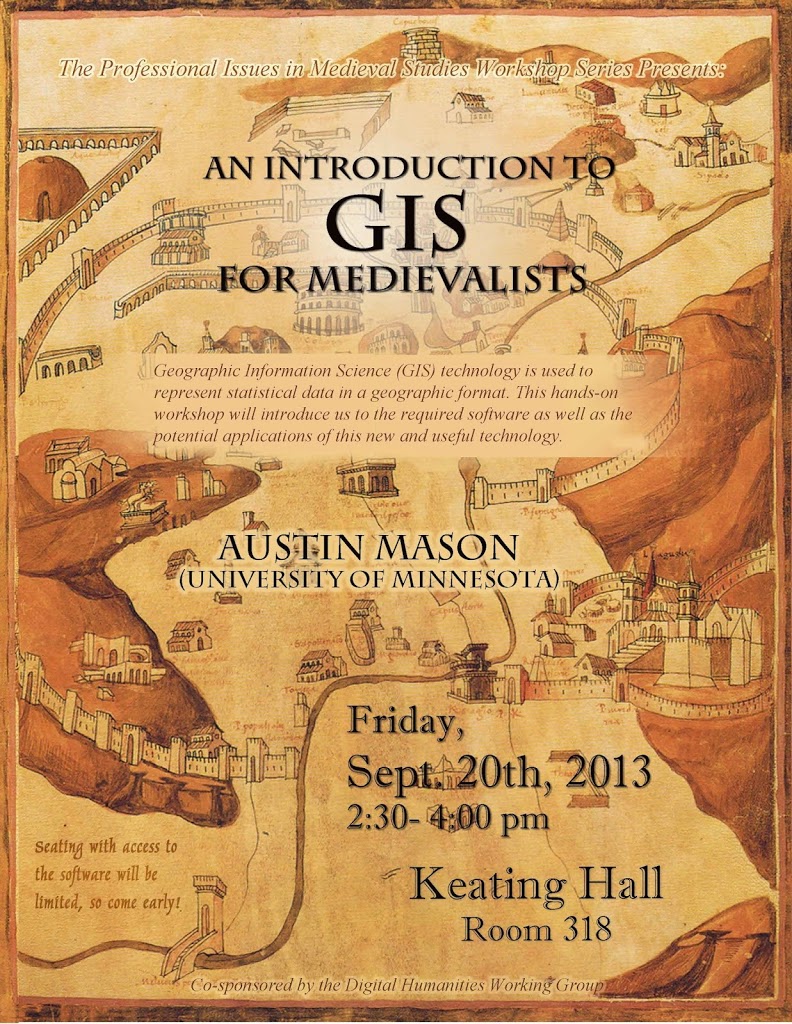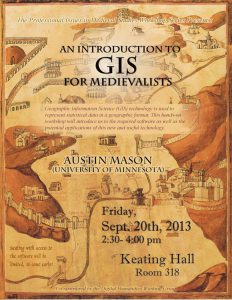Notes from the Field: “Medieval Texts in Omeka and Neatline”
Anyone who has tried to get a DH project off the ground knows that take-off can be bumpy, and the project that members of Fordham’s French of Outremer team are working on for our associated site (www.fordham.edu/frenchofoutremer) is no exception. The goal of the site is to bring attention to French-language texts produced in the Holy Land after the First Crusade, and our team wants to create a timeline that maps the time and location of each text’s creation. On a recent Monday afternoon, we met with Alex Gil, Digital Scholarship Coordinator at Columbia University, who introduced us to the Neatline plug-in for Omeka and moved us one step further to getting our project up and running.
 We contacted Alex after an initial workshop he conducted about Omeka here at Fordham last April. At that time, he also mentioned the time-mapping capabilities of Neatline. After our request for a follow-up meeting, Alex created a workshop open to the public to allow other interested digital humanities scholars a chance to see how both Omeka and Neatline function. Since Alex is working in a new space at Columbia’s Butler Library, called Studio@Butler, he was eager to see how the venue would work for DH questions and workshops. We were glad to have benefited from this experiment.
We contacted Alex after an initial workshop he conducted about Omeka here at Fordham last April. At that time, he also mentioned the time-mapping capabilities of Neatline. After our request for a follow-up meeting, Alex created a workshop open to the public to allow other interested digital humanities scholars a chance to see how both Omeka and Neatline function. Since Alex is working in a new space at Columbia’s Butler Library, called Studio@Butler, he was eager to see how the venue would work for DH questions and workshops. We were glad to have benefited from this experiment.
Both Omeka and Neatline are flexible platforms that can help us get our project going. Omeka’s capabilities will allow us to create two different collections; one for texts and the other for the individual manuscripts that contain those texts. We will then match both the text and manuscript collections to the date and location of production, thereby creating a visual history of when and where these French-language writings were produced. Depending on our success, we are planning a similar project to map the French-language writings from late medieval Italy, now featured on our French of Italy site (www.fordham.edu/frenchofitaly). Look for some big changes coming soon and thank you, Alex Gil!


